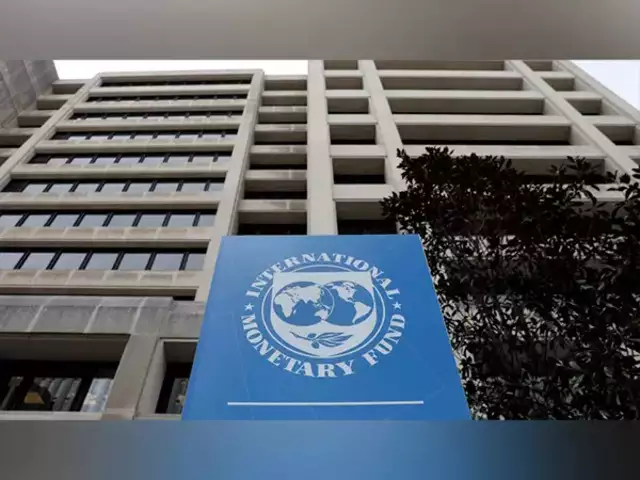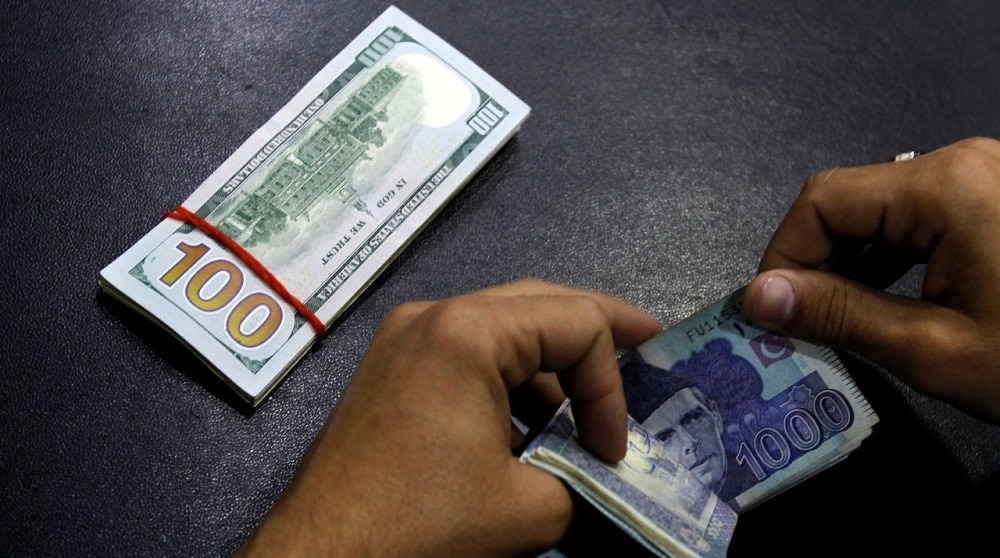The International Monetary Fund (IMF) has not yet included Pakistan’s 37-month Extended Fund Facility (EFF) arrangement, worth around $7 billion, on the agenda of its executive board meetings. This delay, confirmed by the IMF’s website, extends till September 13, leaving Pakistan’s financial stability uncertain as it awaits the crucial loan approval.
The schedule for the IMF executive board meetings set for September 4, 6, 9, and 13 has been updated, but Pakistan’s EFF arrangement has not been listed. This situation raises concerns as the country faces a growing need for financial aid to tackle its mounting economic challenges. Despite reaching a staff-level agreement on July 12, the approval from the IMF board is still pending, contributing to growing anxiety about the disbursement of funds.
Pakistan and the IMF team reached a staff-level agreement on the 37-month Extended Fund Facility (EFF) on July 12, 2023. The agreement involves a loan of Special Drawing Rights (SDR) equivalent to approximately $7 billion, aimed at stabilizing Pakistan’s economy and addressing its persistent fiscal and external imbalances. The EFF arrangement is expected to provide much-needed relief and bolster foreign exchange reserves, which have been dwindling due to inflationary pressures, political instability, and structural challenges in the economy.
However, this agreement is subject to approval by the IMF’s executive board. The disbursement of funds is contingent on two critical factors: the IMF board’s approval and the timely confirmation of necessary financing assurances from Pakistan’s development and bilateral partners. In the absence of this approval, Pakistan faces significant hurdles in bridging its financing gap and addressing its economic difficulties.
To meet the IMF’s conditions and secure loan approval, the Pakistani government has been actively seeking financial assistance from its key allies. According to reports, the government is working on securing the rollover of $12 billion in loans from countries such as China, Saudi Arabia, and the United Arab Emirates (UAE). This rollover is essential to demonstrate Pakistan’s ability to meet its debt obligations and ensure external financing.
In addition to the loan rollover, Pakistan has reportedly requested an additional loan of $1.2 billion from Saudi Arabia. This request is part of the government’s efforts to address a financing gap of $2 billion, which remains a critical obstacle in the path of securing IMF funding. The response from Saudi Arabia and other key allies will be pivotal in determining the timing and success of the IMF loan disbursement.
The delay in placing Pakistan’s EFF arrangement on the IMF executive board’s agenda is contributing to uncertainty about the country’s economic future. Without the timely approval and disbursement of the loan, Pakistan faces the risk of further economic instability. The country is already grappling with high inflation, currency depreciation, and a widening current account deficit. In the absence of IMF support, these challenges are likely to intensify, putting additional pressure on the government to find alternative solutions.
Pakistan’s foreign exchange reserves have been under strain, and the country has faced difficulties in securing essential imports, including energy supplies. The approval of the IMF loan is critical for stabilizing the economy and restoring confidence among international investors. The delay has raised concerns in financial markets, and the longer the approval process takes, the more difficult it will become for Pakistan to address its economic woes.




